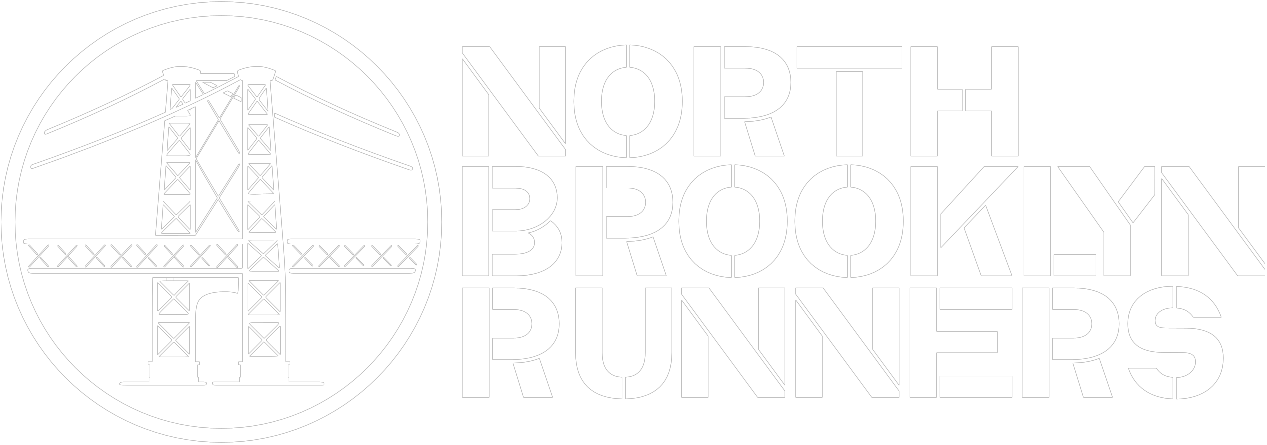Race Report: Chicago
Miriam Beyer
When I was six, my mother took me on the train to Chicago from our home in Michigan. Our destination was the Thorne Miniature Rooms at the Art Institute, a dollhouse-lover’s dream. When we got off the train at Chicago’s Union Station, my mother asked if we could walk to the museum. “It’s a little far, but I know you can make it,” she assured. We walked the mile, me gaping at the unfamiliar urban sidewalks and she navigating the busy pedestrians. After the museum, we walked back to the train station, and I remember my mother being proud. “She walked to and from!” she told others later.
Thirty-some-odd years later, my mother cheered for me on those same sidewalks, at miles 2, 13, 17 and 26 of the 2019 Chicago Marathon. Next to her in the bright cold was my stepfather, Chris. When they met he lived in Chicago, in a garden apartment in the Ukrainian Village neighborhood. They visited each other when they could, and eventually he moved to Michigan to be closer to her. When he did, my mother started rousing me out of bed two to three mornings a week to meet him to run. There were fewer things I wanted to do at age 14 than run the sidewalks with my mother and her boyfriend, but I realized later she brought me as support, a second opinion. Is this guy the real deal?
Twenty-some-odd years later, they are still happily married. As I shivered in Grant Park waiting for the marathon start, I realized how thrilled I was they were there. And I realized how often I think of my mother when I run. She found herself, in her mid-thirties (before Chris), as a single mother with an emptied bank account and three children at the peak of their needs. Instead of collapsing, she assessed the shattered pieces around her, picked up the closest two, put them together and moved forward. When I hit a dark patch, particularly in a marathon, I think: Pick up two pieces. Put them together. Move forward.
I hit dark patches in this year’s Chicago Marathon. I wish I could narrate them better, but the truth is I remember little about the actual race. It had been a few years since I’d done a major marathon, and I forgot what it’s like to always be jostling, always be negotiating your space among other runners, always have noise and activity and spectators. I missed a little bit of that solitude and contemplation that comes in a smaller race. But I also appreciated the energy of a big race and how it fuels you, and distracts you. Hey, hey you! Yeah you! Pick up the pieces! Go!
A few days before the race, I read an article about Eliud Kipchoge’s sub-two-hour marathon attempt. The author, Ed Caesar, wrote, “When [Kipchoge] is running smoothly, it looks as if his thumbs are brushing lint from the lapels of his dinner jacket. (His thumbs are the equivalent of a poker ‘tell’; you know Kipchoge is in trouble when he stops brushing lint.).” It’s such an elegant, beautiful, effortless image, and I remember thinking of it often during Chicago, trying to emulate it. And of course, by the time Chicago began, Kipchoge’s attempt had become accomplishment, beyond awe. It was a joy to race on a weekend when our sport captivated the world. As President Obama tweeted, “Yesterday, marathoner Eliud Kipchoge became the first ever to break two hours. Today in Chicago, Brigid Kosgei set a new women’s world record. Staggering achievements on their own, they’re also remarkable examples of humanity’s ability to endure—and keep raising the bar.”
I had scrupulously layered for the outdoor wait at the marathon’s start, shrouding everything except my shoes and feet, which were numb for the first few miles when we started running. They thawed, and I felt great. At the half, I didn’t feel great, but then around 17 I did again, top of the world. At 21, I still did. At 24, I didn’t. I saw teammate Aaron at the final turn, and he yelled, “Let’s do this Miriam!” It was a good boost. I finished in 3:15:59, a 56-second masters PR. How sweet it is.
Aaron and I were just about to take a photo with our foaming Goose Island 312 finish-line beers, when first one calf and then both seized in cramps. The volunteer in the spotter booth blared through her megaphone, “Runner down!” and two medical staffers appeared and began vigorously massaging my legs. It was terrifying and painful, and unusual – I’d never experienced it after a race. I grimaced and groaned and writhed on the ground, until the spasms subsided after a long minute or two. I’m very grateful to Aaron for staying by and seeing me through. Teammates. NBR.
I found my parents in the lobby of the Congress Hotel across the street from Grant Park. They were sweet and congratulatory, and we left the hotel and meandered the sunny streets to the L. “We had so much fun!” my mother enthused. “I haven’t been up that early in years!” Chris added. My mother held her phone and proudly showed me her step count for the day, well into the thousands after all the moving and cheering of the morning. In her red knit cap and fleece jacket, she suddenly looked to me like a little kid. A little kid covering distance on the roads and sidewalks of Chicago, with excitement, enjoying the pride.

